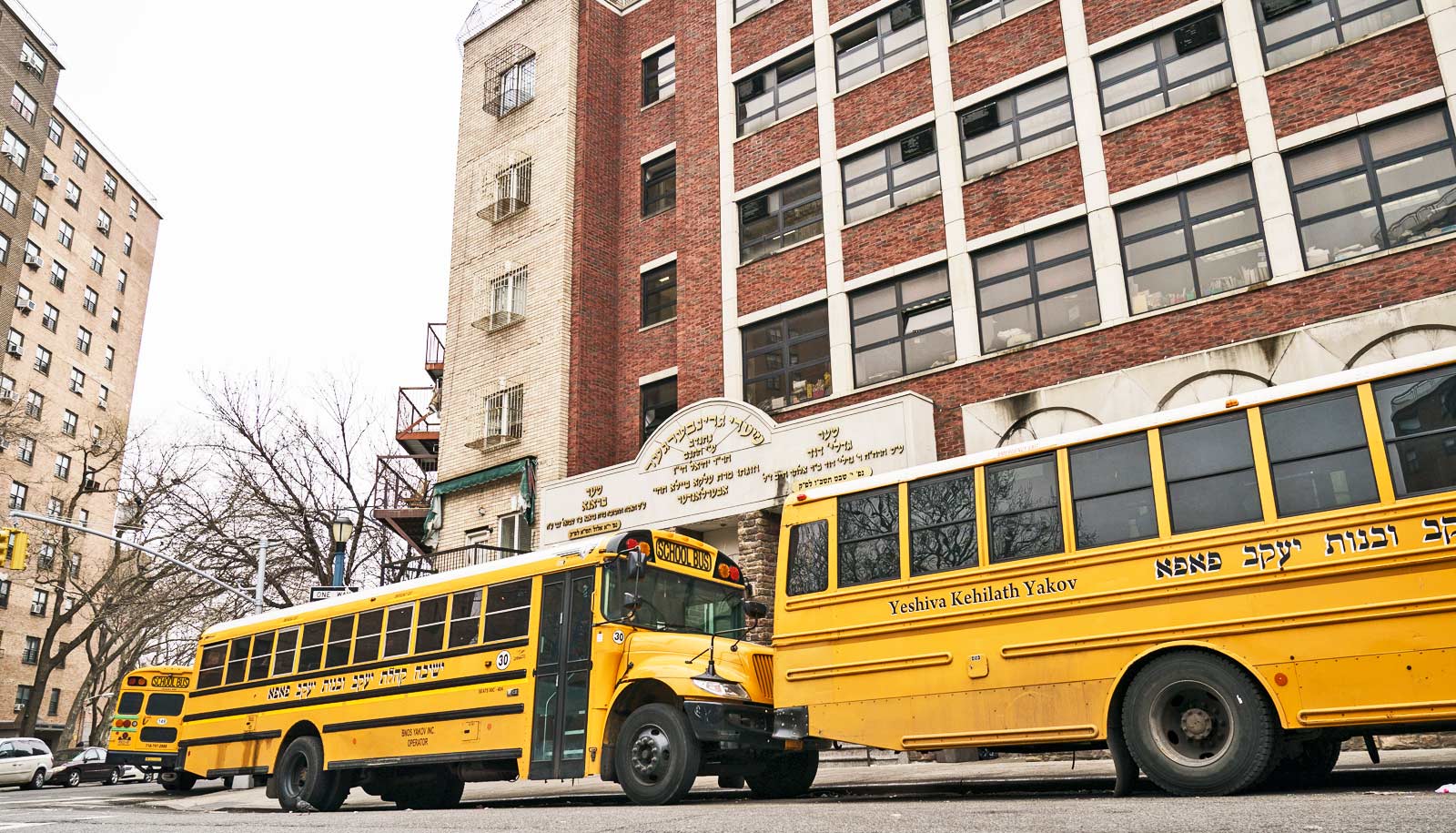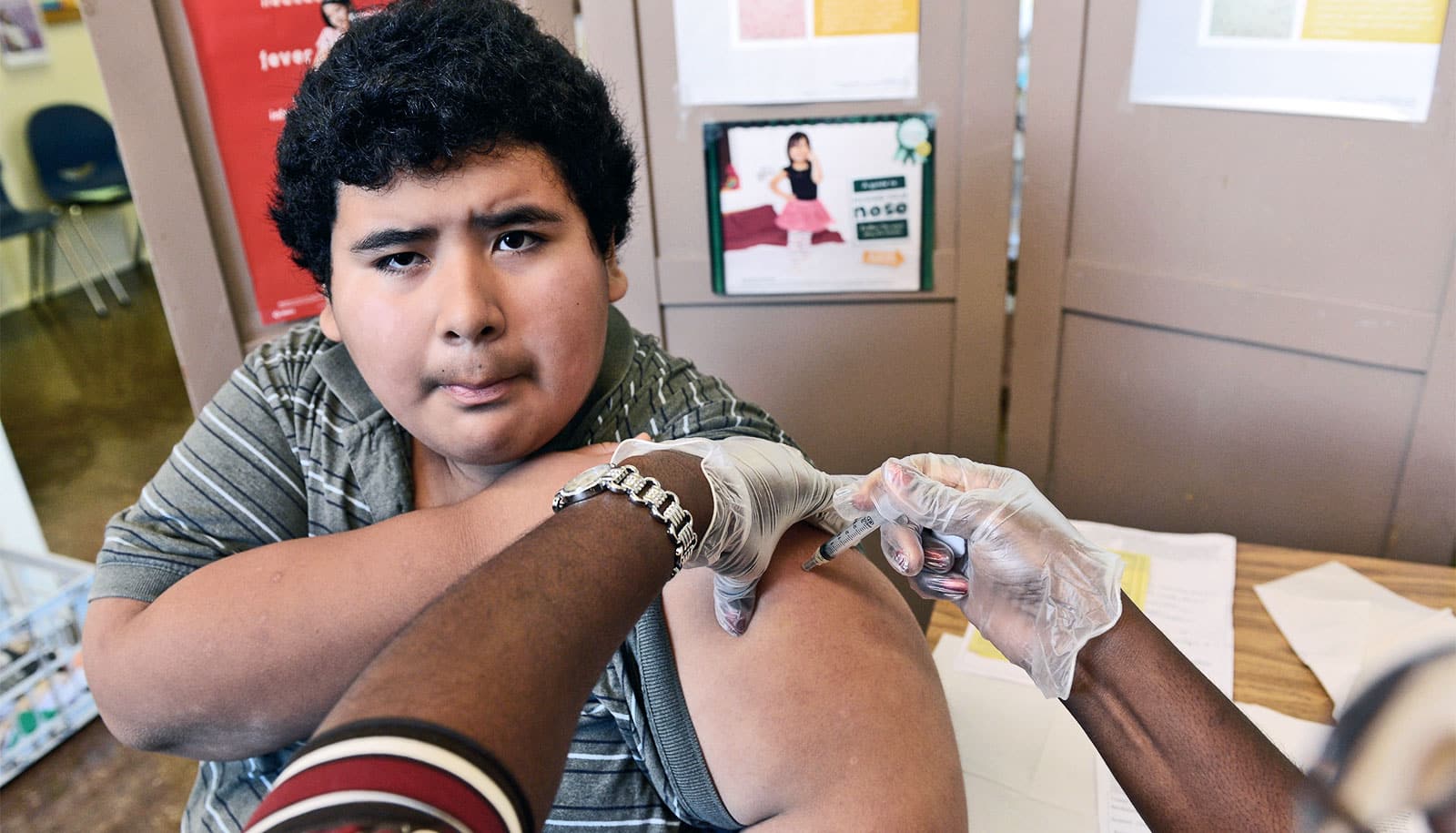While most children need to show immunization records to attend school, the same may not be true for summer camps, according to a new study.
Nearly half of summer camps researchers surveyed did not have official policies requiring vaccinations for campers, according to the findings in JAMA Pediatrics.
Of 378 camps represented, just 174 reportedly had immunization policies for campers and 133 (39%) mandated vaccinations for staffers. A little more than half of camps also allowed unvaccinated children with nonmedical exemptions to attend programs.
“While all states require immunizations for children attending public schools, most don’t have the same mandates for summer camps,” says lead author Carissa Bunke of C.S. Mott Children’s Hospital at the University of Michigan. “Campers are often in close contact and sharing common spaces, increasing risk for illness outbreaks.
“As we think about reducing the spread of infectious diseases, children in camps may be an important population to consider.”
Researchers surveyed 710 respondents representing camps, including owners, directors, nurses, office staff, and physicians. While the majority of camp leadership agreed that campers should be fully immunized prior to attending camps, policies didn’t always reflect these views.
Nearly 14 million children attend camp every year. Multiple vaccine-preventable outbreaks have been reported over the last decade, including a 2009 mumps outbreak traced to a New York camp.
The American Academy of Pediatrics policy recommends that camps require all campers, staff, and volunteers to receive and provide documentation of all age-appropriate vaccines. The AAP also states that camps should eliminate nonmedical exemptions.
The guidelines were released in 2019 as the number of measles cases reported in the United States rose to the highest case count since 1992 and since the disease was declared eliminated in 2000.
“While 100% vaccination rates may not always be possible, camps have a responsibility to take all measures to protect their campers and staff from vaccine-preventable diseases,” says senior author Andrew Hashikawa, a pediatric emergency medicine physician at C.S. Mott Children’s Hospital.
“Routine vaccination is critical to both individual and public health. With the rise in vaccine preventable outbreaks, future efforts to reduce the spread of communicable diseases should address these findings.”
Source: University of Michigan


